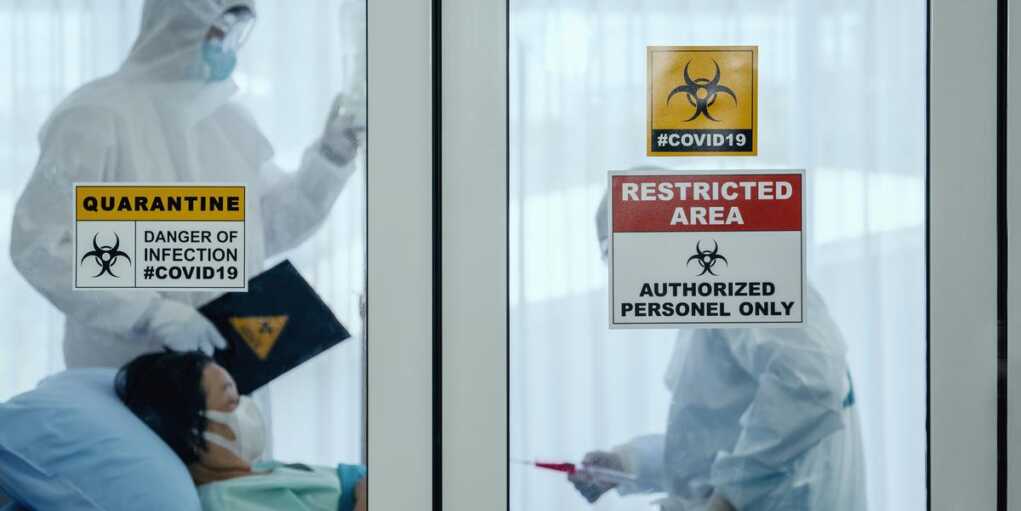CDC Chaos Erupts After Trump Admin Fires Director

The White House confirmed Wednesday that Monarez was terminated less than a month after being sworn in, citing irreconcilable clashes over vaccine policy with Health and Human Services Secretary Robert F. Kennedy Jr. The move was announced by Kush Desai, a spokesman for President Trump, who declared that Monarez “was not aligned with the President’s agenda of Making America Healthy Again.”
The statement emphasized that Monarez had already informed leadership of her intent to resign but refused to follow through. “Since Susan Monarez refused to resign despite informing HHS leadership of her intent to do so, the White House has terminated Monarez from her position with the CDC,” Desai said.
But Monarez and her legal team fired back almost immediately, rejecting the White House’s version of events. Attorneys Abbe Lowell and Mark Zaid insisted she “has neither resigned nor received notification from the White House that she has been fired.” They described her as “a person of integrity and devoted to science” who would not step aside “to rubber-stamp unscientific, reckless directives.”
Zaid took to social media to escalate the fight, claiming the termination was legally invalid. “As a presidential appointee, senate confirmed officer, only the president himself can fire her,” he argued, adding that Monarez remains the lawful CDC director until President Trump personally delivers the decision. The attorneys have already informed the White House Counsel of their position.
This dispute lays bare the deep rift between the Trump administration’s health agenda—spearheaded by Kennedy, who has long criticized the pharmaceutical industry—and entrenched CDC leadership still aligned with the bureaucracy of prior administrations. The clash is particularly explosive given the administration’s effort to dismantle what it calls “politicized science” inside federal agencies and replace it with a people-first health policy.
The Department of Health and Human Services made its own announcement on X, declaring that Monarez was “no longer” the director, thanking her for her “dedicated service,” and pledging that Kennedy “has full confidence” in his team to protect Americans. Yet, even as HHS declared victory, the legal tug-of-war signaled that the conflict was far from resolved.
The fight over leadership comes at a moment of broader upheaval inside the CDC. Hours after Monarez’s removal was announced, four other senior officials abruptly resigned. Among them were top figures in infectious disease, immunization, and public health data. Their exits came just as the FDA issued new restrictions on updated Covid vaccines, underscoring how unsettled the nation’s pandemic policy remains years after the initial outbreak.
Critics of Monarez say her resistance to Trump’s reforms showed she was never the right fit. They argue that the CDC had become bloated, political, and out of touch, and that Monarez was defending a status quo Americans no longer trust. Supporters, however, cast her as a casualty of the administration’s determination to align health policy with Trump’s agenda.
Either way, the public spectacle of a CDC director refusing to leave office after being fired is unprecedented. At stake is not only the credibility of the agency but also the administration’s ability to execute its health policy agenda without internal sabotage.
For President Trump and Secretary Kennedy, the showdown represents both a test of authority and a signal to the American people that the old guard of Washington health bureaucrats will no longer call the shots. For Monarez and her defenders, it’s an opportunity to portray themselves as protectors of “science” against political intrusion.
The endgame remains unclear. But what is clear is that the CDC—the nation’s once-vaunted health authority—is now in the middle of an ugly, very public power struggle that could shape America’s health policy for years to come.

